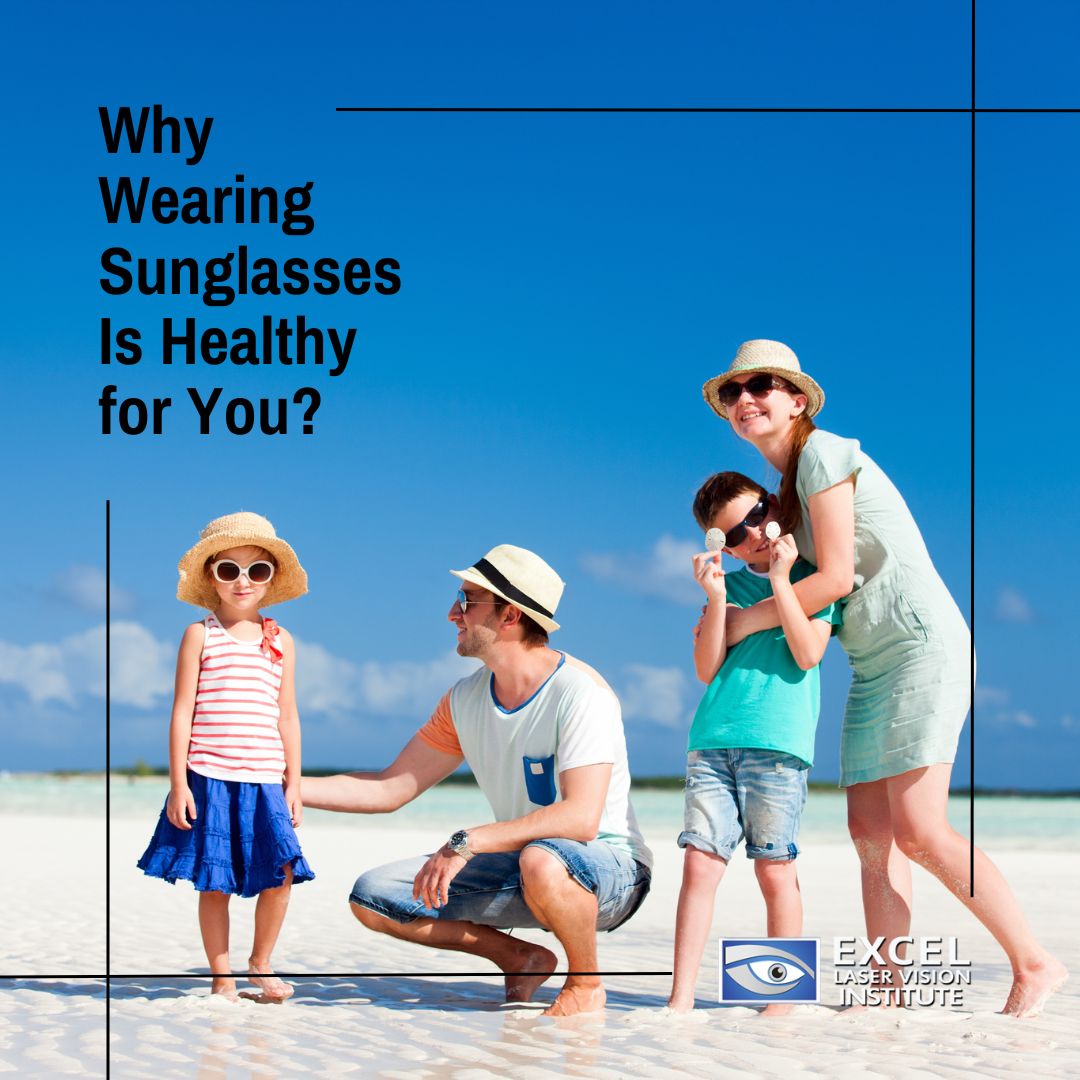
Wearing sunglasses adds style to your outfit and provides various health benefits. The primary purpose of sunglasses is to protect your eyes from harmful ultraviolet (UV) radiation emitted by the sun. Here are some key health benefits of wearing sunglasses:
1. UV Protection
Exposure to UV rays can cause various eye conditions, including cataracts, macular degeneration, and pterygium. Sunglasses with 100% UV protection shield your eyes from UVA and UVB rays, reducing the risk of these conditions and preserving your long-term eye health.
2. Reduced Glare
Bright sunlight can lead to glare, making it difficult to see clearly and causing discomfort. Sunglasses with polarized lenses filter out horizontal glare, improving visual comfort and clarity. This is particularly useful when driving, participating in water sports, or in snow-covered environments.
3. Eye Strain Prevention
Prolonged exposure to sunlight can strain your eyes and cause fatigue, headaches, and dryness. Sunglasses help reduce the light entering your eyes, reducing the need to squint and minimizing eye strain.
4. Protection Against Dry Eyes
Windy conditions can lead to increased evaporation of tears, resulting in dry eyes. Sunglasses act as a barrier, shielding your eyes from wind and preventing excessive tear evaporation. This is especially beneficial for individuals who already suffer from dry eye syndrome.
5. Skin Cancer Prevention
The skin around your eyes is delicate and vulnerable to sun damage. Prolonged sun exposure can increase the risk of skin cancer, including basal cell carcinoma, squamous cell carcinoma, and melanoma. Sunglasses with large frames or wrap-around styles provide additional protection to the skin surrounding your eyes, reducing the risk of sun-related skin cancers.
6. Lower Risk of Eye Infections
Wearing sunglasses helps to prevent foreign particles, dust, and debris from entering your eyes. This reduces the risk of eye infections and irritations, particularly in windy or dusty environments.
7. Reduced Risk of Photokeratitis
Photokeratitis, also known as “snow blindness” or “sunburned eyes,” is a painful condition caused by overexposure to UV rays. Wearing sunglasses with proper UV protection can prevent this condition in high-altitude environments or engaging in activities like skiing, snowboarding, or mountaineering.
8. Improved Vision and Contrast
Sunglasses enhance visual perception by reducing glare and increasing contrast. This is particularly beneficial in situations with intense sunlight, such as driving or engaging in outdoor activities. Clear vision and improved contrast contribute to better depth perception and overall safety.
9. Prevention of Eye Allergies
Sunglasses are a physical barrier, preventing airborne allergens like pollen or dust from directly contacting your eyes. By reducing exposure to these allergens, sunglasses can help alleviate symptoms of eye allergies, such as itching, redness, and watering.
10. Migraine and Headache Relief
Wearing sunglasses can relieve the intensity of light and glare for individuals prone to migraines or headaches triggered by bright light. By minimizing light sensitivity, sunglasses can help manage these conditions and alleviate associated discomfort.
Conclusion
In conclusion, wearing sunglasses goes beyond a fashion statement—it is essential in protecting your eyes from UV radiation, reducing glare, preventing eye strain, and minimizing the risk of various eye conditions. Invest in high-quality sunglasses with proper UV protection to enjoy these health benefits while keeping your eyes safe and comfortable.




